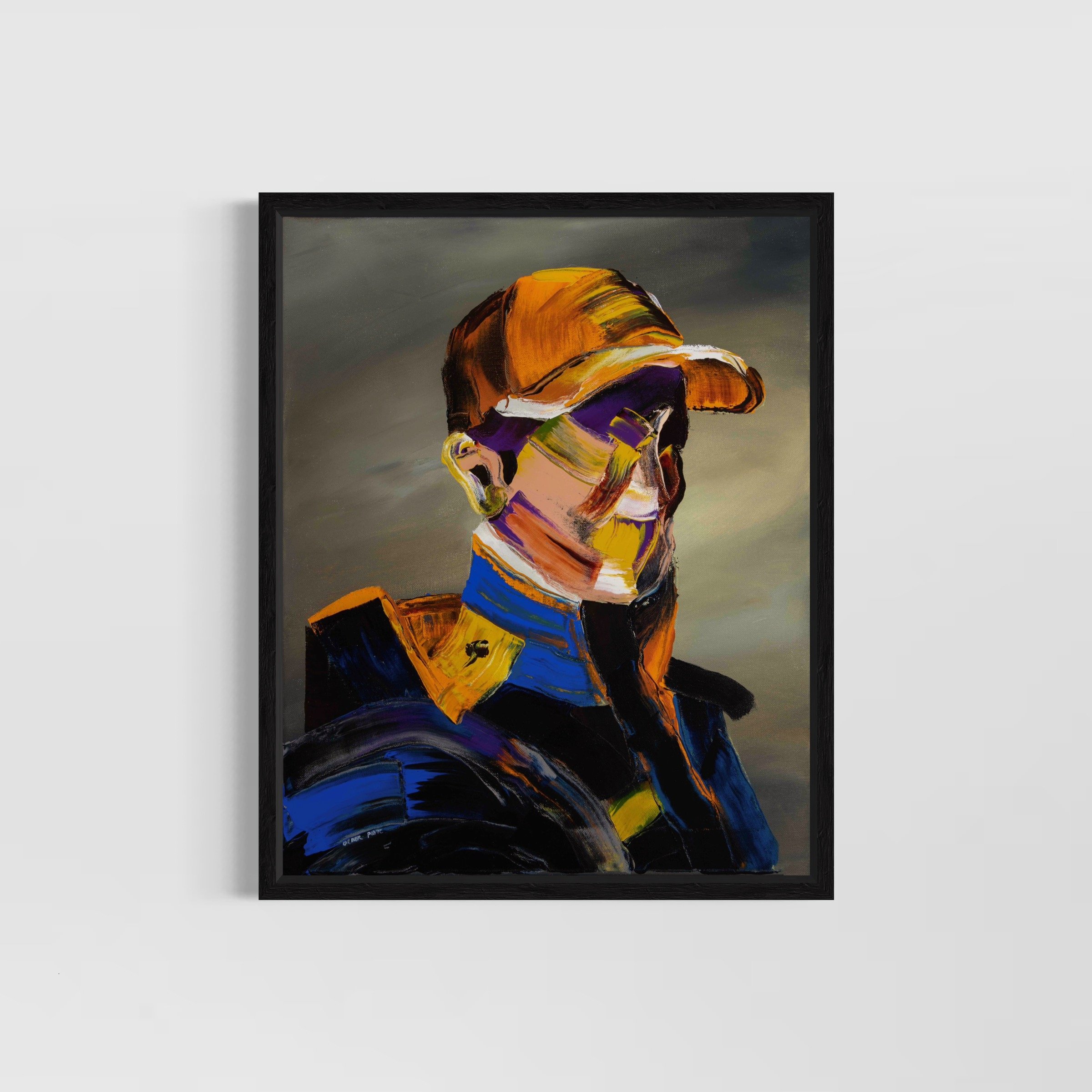OLIVER PAVIC
PAINTER
Born in 1984 in a post-communist repressed Yugoslavia, Oliver Pavic is a self-taught artist coming from an architectural background, working and residing in Picardy, France. Pavic aims to create deconstructed and recomposed figures. He reclaims subjects and distress, disfigure, and strip away their surface, engaging in a constant dialogue with his materials, reinterpreting existing forms in order to create new ones.
Pavic grew up idolizing the free Western life. The fall of the Berlin Wall opened new possibilities, especially when it comes to achieving freedom of expression. As a result, at the first opportunity, the contemporary artist left his homecountry for London where he became an architect.
In 2008, Pavic visited Francis Bacon’s retrospective at Tate Britain, a life changing event which had a very profound impact on the artist. Today, one notices Francis Bacon’s influence in his works strongly, but he is also inspired by the likes of Nicola Samorì or Adrian Ghenie.
As a contemporary painter, Oliver Pavic is interested in how textures relay the emotions, and how the application or manipulation of texture expresses the narrative. He paints with open interpretations, allowing the viewer to discover their own reflection, both physically and mentally. Recurring themes are deconstruction, displacement, classical compositions and the idealization of the imperfect.
This body of works which the artist refers to as Artozann, emerged at the start of the Covid pandemic. With his latest series of works titled Solace, the artist departs from classical compositions, using contemporary and deconstructive techniques. His painterly practice is both deliberately ambiguous and anonymous.
The idea or concept starts from a simple emotion, which is reflected in an existing work of art, a person, or an event. Pavic starts to manipulate this images by manner of producing a series of digital sketches and collages, in search for an ideal composition. Painting with oil on panel, the artist does not only use a paintbrush, but also palette knives, sponges, or whatever he sees fit for the application of paint.
Working in many layers across several weeks of work, the artist continues to reflect during the creative process, examining the object in different moods, lighting, or at different times. Once the painting expresses itself, Oliver Pavic signs is, and it departs for its own journey.




















